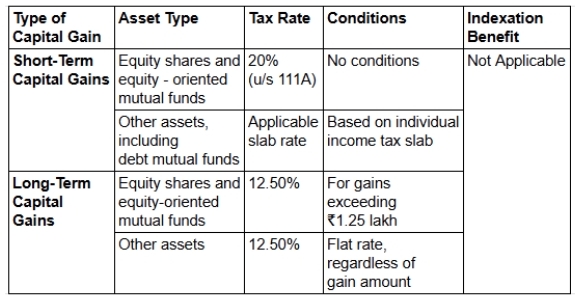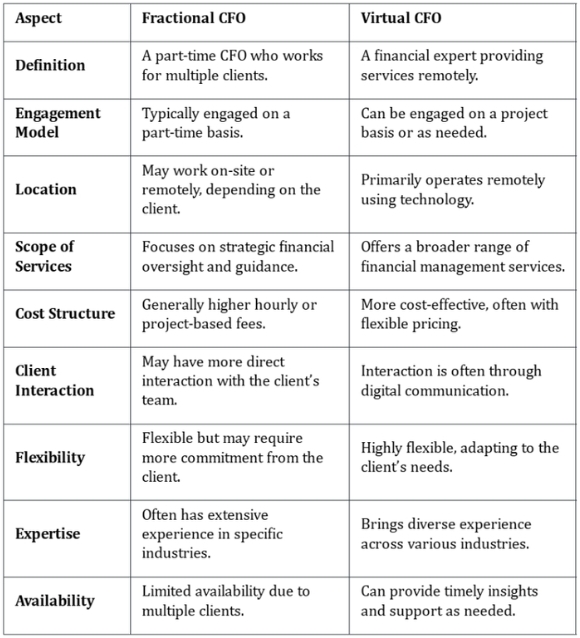Your Guide to the USA Estate Tax: Navigating Rates, Rules, and Inheritance Planning

Understanding the USA Estate Tax: Rates, Rules, and Key Considerations
The U.S. estate tax is a federal levy on the transfer of a deceased person’s assets to their beneficiaries. Designed to tax the wealth accumulated over a lifetime, it primarily affects estates exceeding a certain value threshold. This article delves into the intricacies of the estate tax, including current rates, rules, strategies for minimizing liability, and the circumstances under which it becomes applicable.
Overview of the Estate Tax
The estate tax is imposed on the fair market value of a decedent’s assets at the time of death. This encompasses real estate, cash, securities, business interests, and personal property. The total value of these assets constitutes the “gross estate.” After accounting for deductions—such as debts, funeral expenses, charitable contributions, and the marital deduction—the resulting figure is the “taxable estate.”
The estate tax applies to the transfer of wealth regardless of how the assets are distributed—whether through a will, trust, or intestate succession (dying without a will). While it is often referred to as the “death tax,” it is important to clarify that it is not levied on the inheritors but rather on the estate itself before distribution.
Federal Estate Tax Exemption and Rates
As of 2024, the federal estate tax exemption is $13.61 million per individual. This means an individual can transfer up to this amount without incurring federal estate tax. Estates exceeding the exemption amount are taxed at graduated rates, starting at 18% for the first $10,000 over the exemption and reaching a maximum rate of 40% for amounts over $1 million beyond the exemption.
Upcoming Changes and Legislative Considerations
The Tax Cuts and Jobs Act of 2017 significantly increased the estate tax exemption, but these changes are temporary and set to expire in 2025. If Congress does not act, the exemption will revert to approximately $5 million per individual, adjusted for inflation. This reversion could dramatically increase the number of estates subject to federal estate tax. In other words, with effect from January 1, 2026, the exemption is scheduled to automatically reset (or sunset) to $5,000,000, indexed to inflation (approximately $7,000,000).
Proactive planning is essential to navigate these potential changes. Strategies like creating irrevocable trusts or accelerating lifetime gifting may help mitigate future tax burdens.
State Estate Taxes
In addition to the federal estate tax, several states impose their own estate or inheritance taxes. For Instance, Estate taxes are imposed in 12 states: Washington, Oregon, Minnesota, Illinois, New York, Vermont, Massachusetts, Connecticut, Maryland ,Rhode Island, Maine, Hawaii, and the District of Columbia. Similarly, Inheritance taxes are levied in 6 states: Nebraska, Iowa, Kentucky, Pennsylvania, New Jersey, and Maryland. Notably, Maryland is the only state that imposes both estate tax and inheritance tax. These state-level taxes often have lower exemption thresholds and can substantially increase the overall tax liability for beneficiaries. For example:
∙Massachusetts and Oregon have estate tax exemptions of $2 million and $1 million, respectively.
∙Washington State imposes an estate tax with a top rate of 20%.
Understanding state-level estate taxes is essential for comprehensive estate planning, especially for individuals with significant assets in multiple states.
Difference between Estate Tax and Inheritance Tax
In the United States, estate tax is a federal tax imposed on the total value of a deceased person’s estate before distribution to beneficiaries, with the estate itself responsible for payment. In contrast, inheritance tax is levied by certain states on individuals who receive assets from an estate, with the tax amount varying based on the beneficiary’s relationship to the decedent.
Filing Requirements and Deadlines
The executor of an estate is responsible for filing IRS Form 706, the United States Estate (and Generation-Skipping Transfer) Tax Return. This form must be filed if the gross estate, plus adjusted taxable gifts, exceeds the federal exemption amount. The deadline for filing is nine months from the date of the decedent’s death. However, a six-month extension can be requested if more time is needed to prepare the return. It’s important to note that any taxes owed must still be paid within the original nine-month period, even if an extension for filing is granted. Failure to meet this deadline can result in penalties and interest on unpaid taxes.
Gift Tax Considerations
The federal estate tax is unified with the gift tax, meaning the $13.61 million exemption applies to both lifetime gifts and transfers at death. Additionally, there is an annual gift tax exclusion that allows individuals to gift up to $18,000 per recipient in 2024 without affecting their lifetime exemption. Gifts exceeding this annual exclusion count against the lifetime exemption and may require the filing of IRS Form 709, the Gift Tax Return.
Portability of the Estate Tax Exemption
Portability allows a surviving spouse to utilize any unused portion of their deceased spouse’s estate tax exemption. This effectively doubles the amount a couple can shield from estate taxes, assuming the proper steps are taken. Portability is a powerful tool for married couples to minimize estate tax liability and preserve family wealth.
Special Considerations for Non-U.S. Citizens and Non-residents
Non-U.S. citizens who are U.S. residents are subject to estate tax on their worldwide assets, similar to U.S. citizens. However, non-residents (non-U.S. citizens who are not U.S. residents) are subject to estate tax only on their U.S.-situated assets, such as real estate, stocks in U.S. companies, and tangible property located within the United States. The estate tax exemption for non-residents is significantly lower, at just $60,000. This limited exemption can result in substantial tax liability for non-residents with U.S.-based assets..
Strategies for Minimizing Estate Tax Liability
Given the potential impact of estate taxes, individuals may consider several strategies to reduce their liability:
- Lifetime Gifting: Utilize the annual gift tax exclusion to reduce the taxable estate.
- Irrevocable Trusts: Transfer assets into irrevocable trusts to remove them from the taxable estate.
- Charitable Donations: Bequests to qualified charities are fully deductible from the gross estate.
- Life Insurance Trusts: Establish irrevocable life insurance trusts (ILITs) to keep life insurance proceeds out of the taxable estate.
Conclusion
Understanding the USA estate tax is crucial for effective financial and inheritance planning. With potential changes on the horizon, proactive strategies such as leveraging trusts or lifetime gifting can help you safeguard your legacy. If you’re navigating estate or inheritance tax complexities, consult with a financial advisor or tax expert to ensure compliance and minimize liabilities.
Ready to take control of your estate planning? Use an inheritance calculator USA or explore professional guidance today to secure your financial future.


















